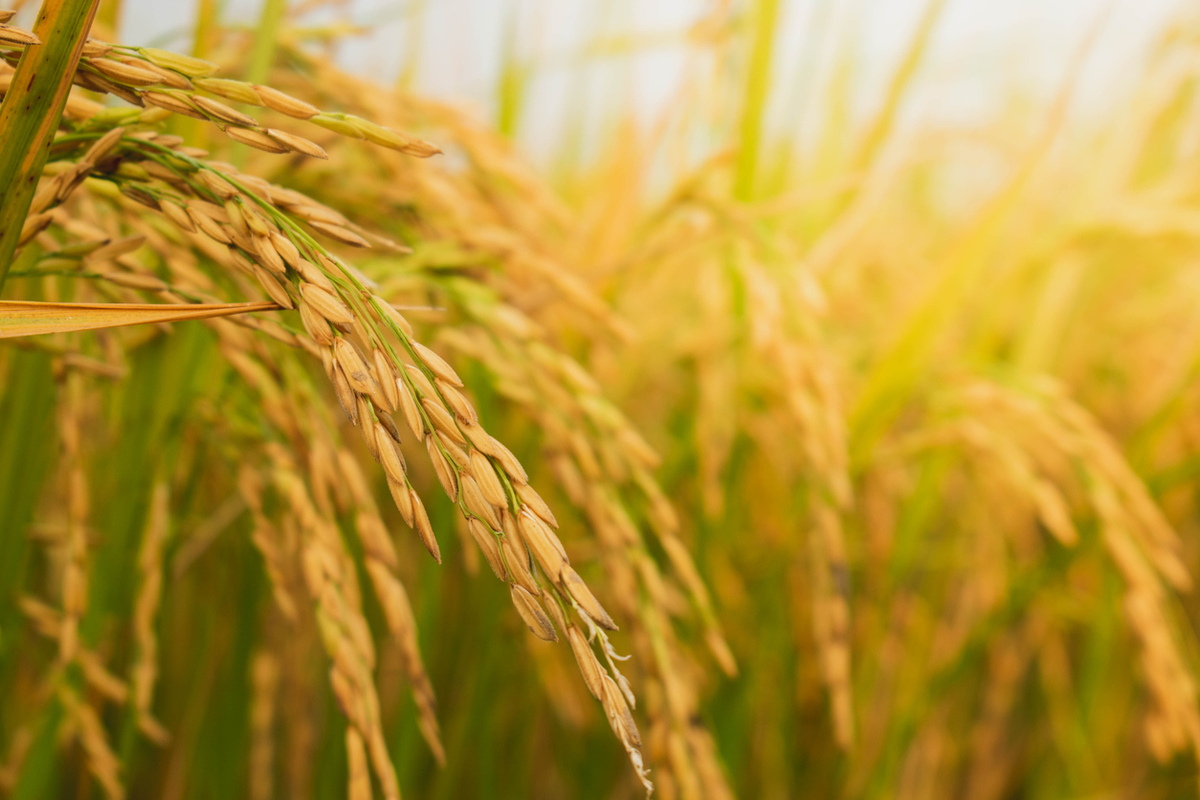
BRIC-NIPGR Develops Gene-Edited Rice with Improved Phosphate Uptake and Grain Yield
July 9, 2025| |
Scientists from the BRIC-National Institute of Plant Genome Research (NIPGR) in New Delhi developed rice lines with improved phosphate uptake and grain yield, even in low phosphate soil conditions, through gene editing. The gene-edited rice lines will decrease the need for phosphate fertilizers, lower cultivation input costs, and prevent fertilizer loss into water bodies.
India heavily relies on phosphate fertilizers to support crops like rice, which covers 36% of the country's cultivable land. However, with only 20% of the applied phosphate absorbed by rice plants, improving the crop's phosphorus use efficiency has become a key agricultural concern. The research team used CRISPR-Cas9 to enhance the phosphate uptake in rice.
In this study, the researchers eliminated the repressor binding site from the promoter of OsPHO1;2. The results demonstrated a significant increase in the expression of OsPHO1;2, resulting in higher phosphate uptake from the soil and a 26% increase in grain yield under low phosphate conditions. The findings of the study offer promising potential for better phosphorus use efficiency and more sustainable rice farming.
For more information, read the article or visit the BRIC website.
| |
You might also like:
- India Releases Two Genome-Edited Rice Varieties
- Italy Launches First Field Trial of Gene-Edited Risotto Rice
- Chinese Scientists Use Gene Editing to Develop CoQ10-Producing Rice
Biotech Updates is a weekly newsletter of ISAAA, a not-for-profit organization. It is distributed for free to over 22,000 subscribers worldwide to inform them about the key developments in biosciences, especially in biotechnology. Your support will help us in our mission to feed the world with knowledge. You can help by donating as little as $10.
-
See more articles:
-
News from Around the World
- 8th Asian Short Course on Agribiotechnology, Biosafety Regulation, and Communication (ASCA8)
-
Plant
- Euroseeds Calls on Danish Presidency to Drive NGT Discussions to Conclusion
- EFSA GMO Panel Releases Scientific Opinion on GM Soybean DBN9004
- Gene-edited Rice Exhibits Rice Blast Resistance and Improved Lignin Content
- BRIC-NIPGR Develops Gene-Edited Rice with Improved Phosphate Uptake and Grain Yield
- MIT Chemists Boost Rubisco's Efficiency for Photosynthesis
-
Health
- UC Santa Cruz Introduces Software Program to Improve Accuracy of CRISPR
-
Environment
- USDA Completes Regulatory Review of Genetically Engineered Chestnut Tree
-
Read the latest: - Biotech Updates (February 18, 2026)
- Gene Editing Supplement (January 28, 2026)
- Gene Drive Supplement (February 22, 2023)
-
Subscribe to BU: - Share
- Tweet

